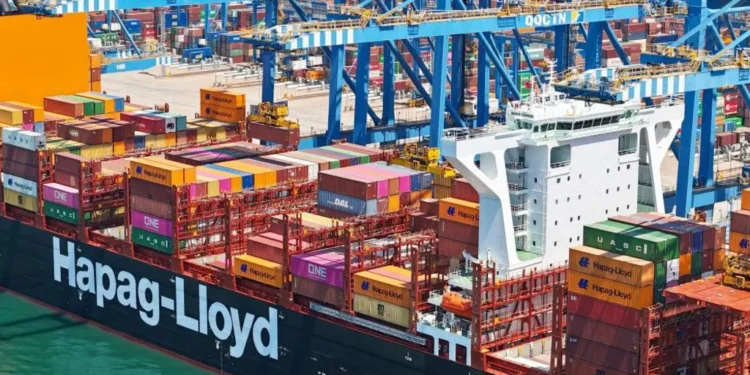The Sea Empowerment and Research Centre (SEREC) says Nigeria could save up to N900 billion annually in revenue leakages if it fully implements the International Cargo Tracking Note (ICTN), a tool widely used across West and Central Africa to tighten port security and enhance trade transparency.
In a policy commentary titled “The Urgent Imperative of Implementing the ICTN in Nigeria,” SEREC’s Head of Research, Dr. Eugene Nweke, argued that the ICTN has become a strategic necessity for Nigeria’s maritime reforms. Despite receiving Federal Executive Council approval in 2023, the system is yet to go live, an inaction the Centre warns could have steep financial and security consequences.
According to Nweke, the ICTN provides verified, pre-arrival information on all inbound cargo—allowing regulators to process documentation ahead of landing and drastically reduce clearance bottlenecks.
With the system in place, Nigeria could shorten cargo clearance timelines by 25–35%, curb trade malpractices by as much as 40%, and enhance competitiveness across the maritime value chain, News Agency of Nigeria first reported.
What he said
“Without this pre-verification system, Nigeria’s trade regulators would continue to operate in a reactive intelligence model, allowing room for cargo concealment, under-declaration and falsified manifests.
“Experts estimated that the delay in implementation could lead to an estimated annual loss from non-standardised cargo declarations and transhipment concealment between N800 billion and N1.2 trillion.
“Ghana, Senegal, Ivory Coast, and Angola recorded an 18 to 22% rise in customs revenue and a 30 per cent drop in port clearance delays within two years of adopting ICTN.
“The countries also saw a 40% fall in false declarations during the same period.
“The delayed implementation could also affect the smooth implementation of the National Single Window (NSW) projected for the first quarter of 2026 and the modernisation drive of the Nigerian Customs Service,” he explained.
What you should know
The Nigerian Shippers’ Council (NSC) is the lead agency for the ICTN rollout, working alongside the Nigeria Customs Service, Nigerian Ports Authority, and NIMASA under the supervision of the Ministry of Marine and Blue Economy.
However, SEREC warns that ongoing reforms, including the planned National Single Window (NSW) and the fast-advancing Customs modernisation programme, risk becoming fragmented if ICTN is not integrated as the primary data-verification layer.
“Government must recognise ICTN not as a competing system but as a strategic enabler,” Nweke said, noting that the absence of verified pre-shipment data exposes the country to national security risks, revenue leakages, and lower global compliance ratings.
He added that Nigeria remains one of the few major trading nations in the region without an operational electronic cargo note, an omission impacting investor confidence.




















